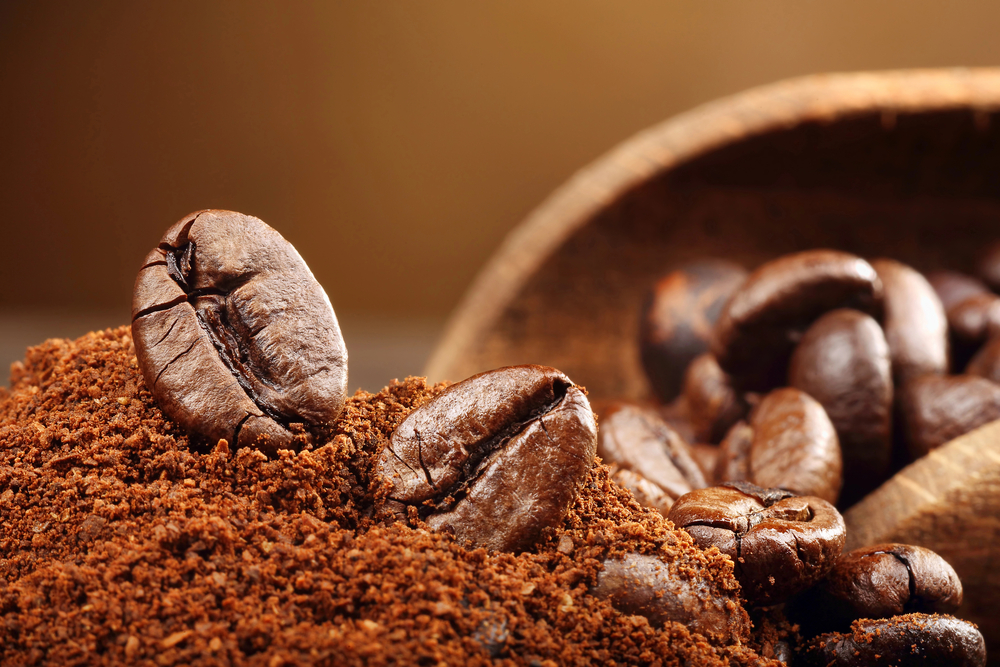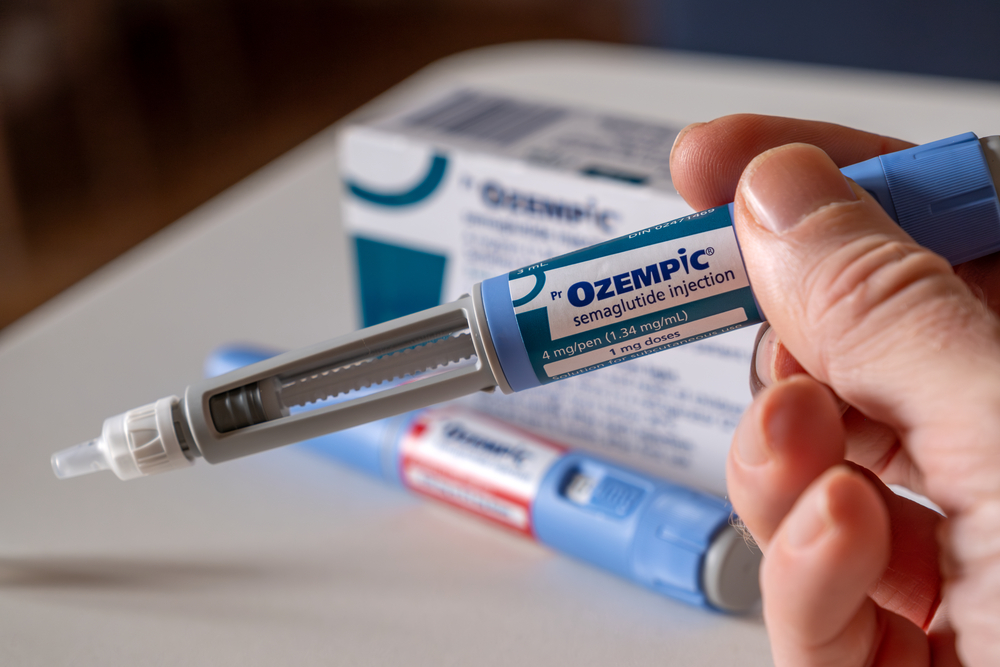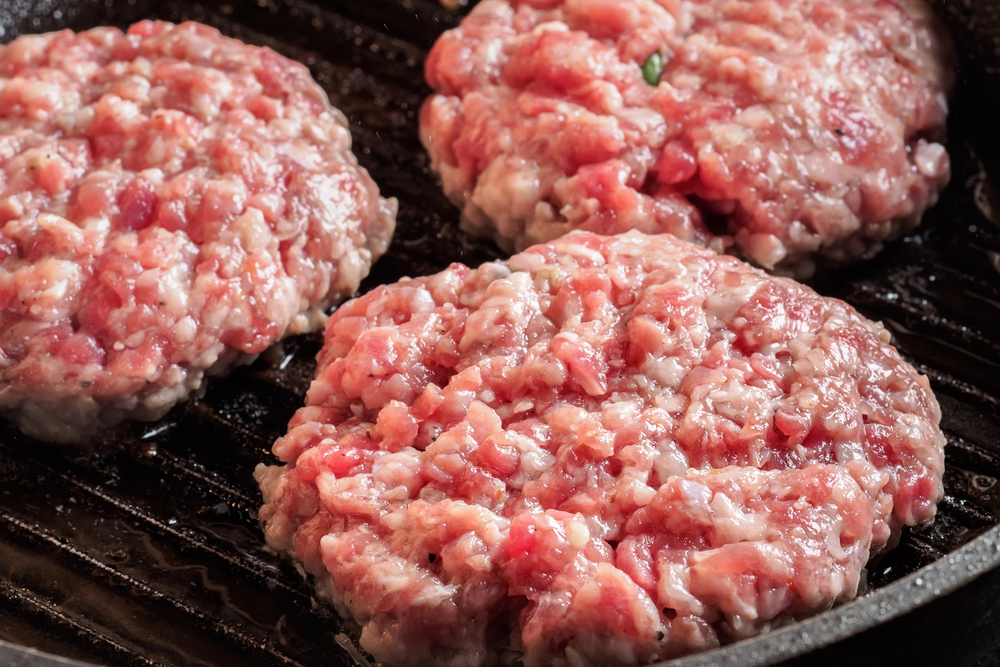While medications can help improve blood pressure, lifestyle also plays a crucial role in maintaining healthy levels. Here are 12 natural methods that are effective in supporting your blood pressure health.
Follow a Heart-healthy Diet
Following a diet loaded with whole grains, fruits, vegetables, and low-fat dairy products can significantly reduce blood pressure, especially if you remain consistent and avoid foods that are detrimental.
Eating plans like the Dietary Approaches to Stop Hypertension (DASH) diet and the Mediterranean diet are notable examples that can aid in managing blood pressure.
Quit Smoking
Every cigarette you don’t smoke is a win for your blood pressure. Smoking damages your blood vessels and raises your heart rate, exacerbating blood pressure issues.
Kicking this bad habit is thus a significant step toward better health.
Cut Back on Salt
Sodium is infamous for its ability to increase blood pressure. Though cutting down on salty foods might seem challenging initially, reducing your sodium intake can lead to beneficial effects.
This doesn’t mean that your meals have to be tasteless; experimenting with herbs and spices can introduce you to an array of exciting flavors.
Shed Extra Weight
The link between weight and blood pressure is undeniable. As your weight increases, so does your blood pressure. Tackling weight loss, even modest amounts, can have a significant impact.
But there’s more to it than just the scale. Paying attention to your waistline is equally important, as abdominal fat is a known risk factor.
Increase Potassium Intake
Potassium acts as a natural counterbalance to sodium. Including potassium-rich foods in your diet can help mitigate the impact of sodium and contribute to lower blood pressure.
Foods high in potassium include leafy greens, potatoes, sweet potatoes, tomatoes, bananas, melons, avocados, oranges, apricots, nuts and seeds, dairy products like milk and yogurt, as well as tuna, salmon, and beans.
Get Moving
Regular exercise plays a critical role in maintaining heart health. Staying active on a regular basis strengthens the heart, allowing it to pump blood more effectively and lowering arterial pressure.
The most important thing is to keep it consistent, whether you’re walking slowly, running, or cycling.
Prioritize Good Sleep
Poor sleep quality, defined as getting less than six hours of sleep nightly over several weeks, can lead to hypertension. Sleep serves as a period of rest for your heart, and inadequate sleep can interrupt this crucial process, resulting in elevated blood pressure.
Establishing a relaxing nighttime routine and ensuring adequate sleep can make a big difference.
Eat Dark Chocolate
Indulging in large quantities of dark chocolate might not be beneficial for your heart, but moderate consumption could be. This is due to the high flavonoid content in dark chocolate and cocoa powder, plant compounds known to expand blood vessels.
To maximize the benefits, opt for non-alkalized cocoa powder, which retains a high level of flavonoids and doesn’t contain added sugars.
Eat Berries
Adding berries to your diet offers a delicious way to support your cardiovascular system. Beyond their sweet taste, berries come loaded with polyphenols, which contribute to heart health by lowering the risk of stroke, heart diseases, and diabetes, and by improving blood pressure, insulin sensitivity, and reducing inflammation.
Manage Stress
Stress is a silent enemy of blood pressure. Negative emotions such as stress, anger, and anxiety are known to cause short-term increases in blood pressure, along with other cardiovascular risks.
Finding healthy outlets, whether through meditation, hobbies, or social activities, can mitigate the impact of stress on your heart.
Stay Hydrated
The importance of hydration can’t be overstated, especially when it comes to blood pressure. Water is essential for maintaining the balance of sodium in the body. Drinking adequate amounts of water throughout the day helps flush sodium out of your system, keeping blood pressure levels in check.
A small study in 2020 discovered that individuals who drank two extra bottles of water beyond their regular daily consumption saw a reduction in their systolic blood pressure.
Monitor Your Blood Pressure at Home
Keeping an eye on your blood pressure at home can provide insights into what affects it day to day. Home blood pressure monitors are readily available and do not require a prescription. It’s important to consult with a healthcare provider about home monitoring prior to starting.
If your blood pressure is stable, ask your provider how often you should check it, as you might only need to do so once a day or even less.






